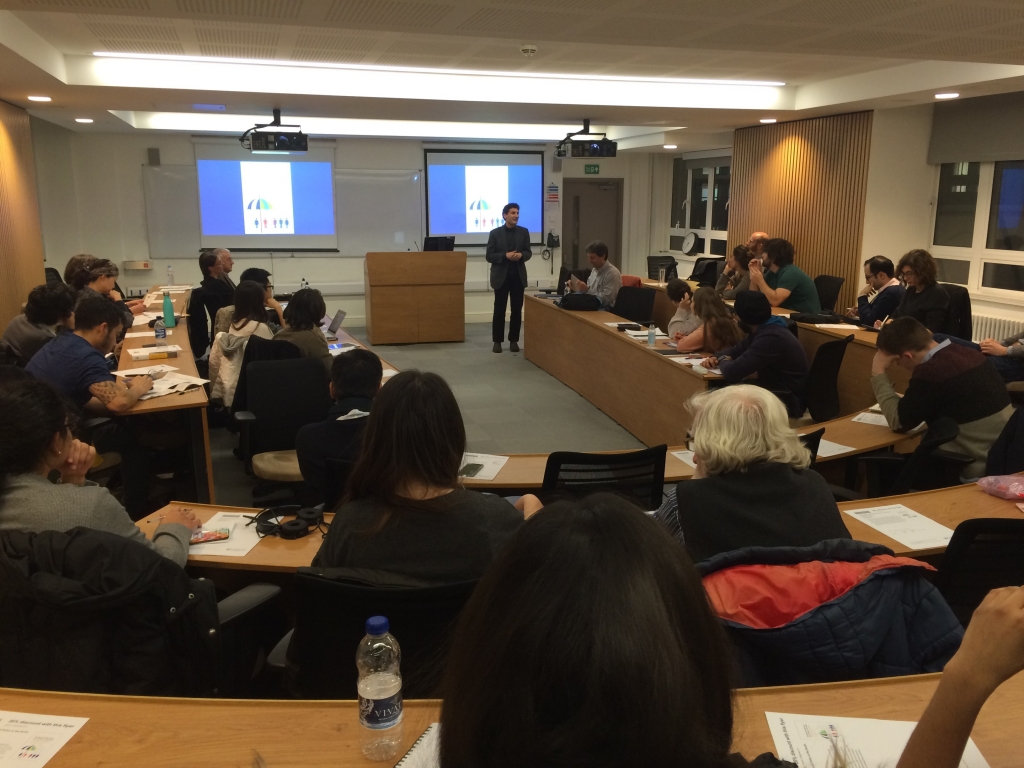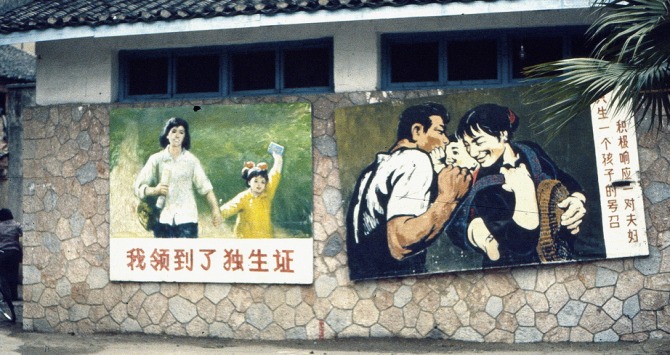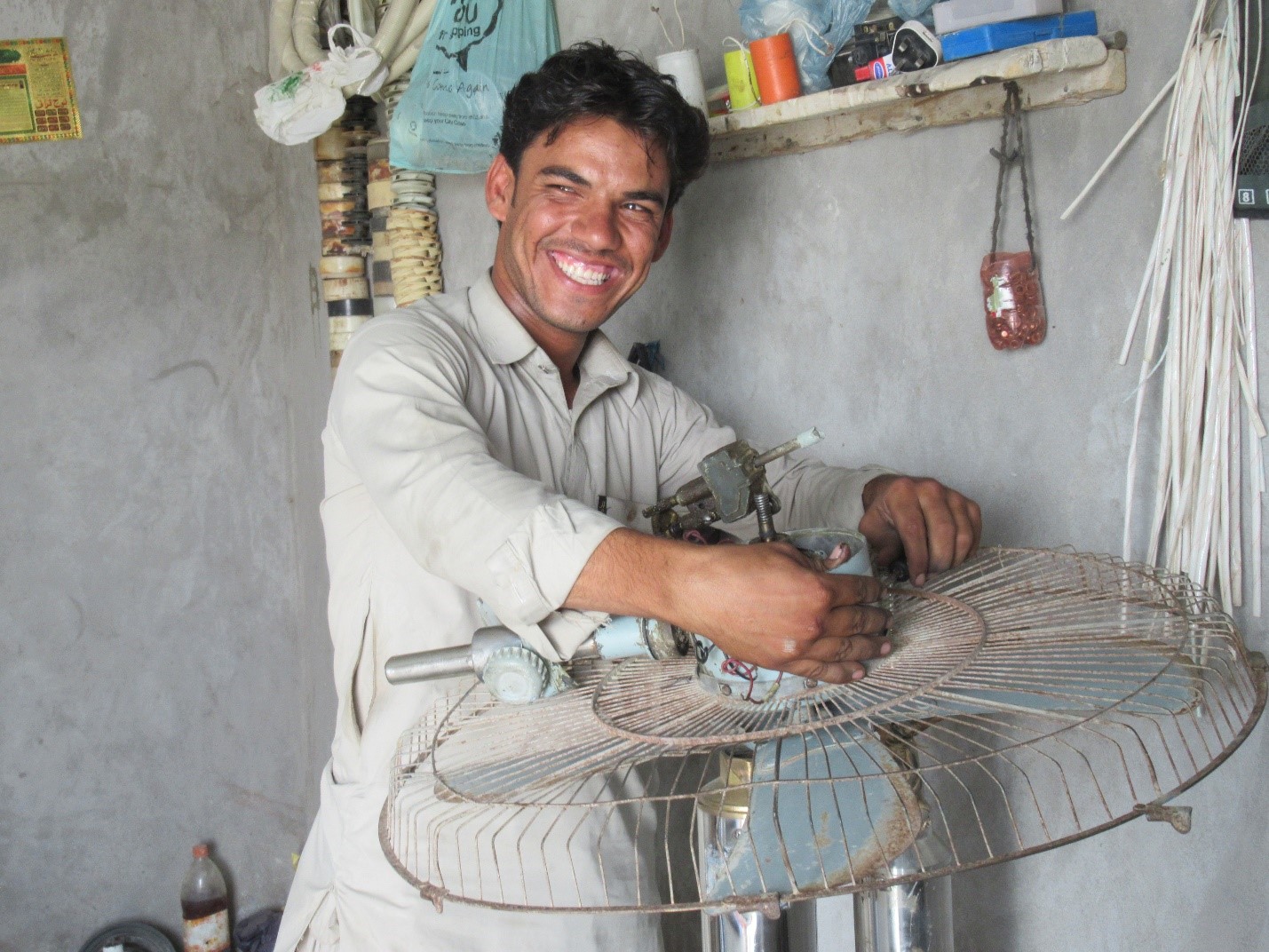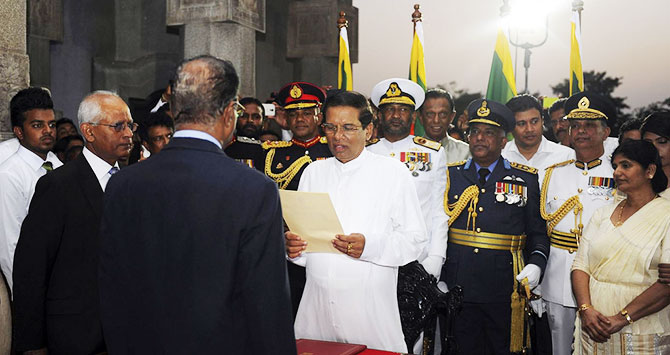On Tuesday 28 February 2017, The Department of International Development hosted a book launch for Diego Sánchez-Ancochea’s new book, The Quest for Universal Social Policy in the South. The event was chaired by Ken Shadlen and the discussants on the night were Tasha Fairfield and Anthony Hall.
Last week, Diego Sánchez-Ancochea, Director of the Latin American Centre at Oxford University, spoke about his new book which he co-authored with Juliana Martinez Franzoni from the University of Costa Rica. The Quest for Universal Social Policy in the South aims to understand and examine the economic and political determinants of universal social policies by using case studies from the South.
Diego began his presentation by making a case for the importance of universalism, referring to the region of Latin America where the middle class has grown by 50% in recent years and indicating that providing services for this group requires going beyond targeted anti-poverty measures. To understand this further, Diego posed the following question: How do we secure universalism in the south? To answer this, he took us through the following three points:
- Definition of the term universalism
- Determinates of the outcome
- Policy implications
Diego defined Universalism as social goods that cover everyone, that are not overly segmented in terms of quality, and, that are funded through general tax. He went on to use South Korea, Uruguay, Mauritius and Cota Rica as comparative case studies to consider the determinates of the outcomes of universal social policy. He did this by assessing the role of policy architectures and policy outputs in each country. Of the four case studies, Costa Rica was commended for its low fragmentation and small market alternative to services offered.
Diego went on to further compare the policy development and implications of Costa Rica and Uruguay, and explained that Costa Rica’s success was a result of the country’s social insurance being created from blue collar workers, which has grown over time to become more inclusive. This was compared to Uruguay, where white collar workers developed and expand their own insurance funds which resulted in locking low income groups in a parallel system of poorer quality.
Diego ended the talk by stating the importance of state actors in the design and development of policy architectures. He finally summarised the talk by making suggestions to countries aiming to secure universal outputs in new areas, proposing that they should promote unified architectures, consider potential future trajectories, manage outside opinion, and create a space for the existence of progressive techno-pols.
The Quest for Universal Social Policy is available to buy on Amazon (RRP £58.49)
You can listen to the podcast for the event here
Dr Diego Sanchez-Ancochea is the Director of the Latin American Centre and an Associate Professor in the Political Economy of Latin America at Oxford University. His current research focuses on the political economy of income redistribution in the South.
The views expressed in this post are those of the author and in no way reflect those of the International Development LSE blog or the London School of Economics and Political Science.






